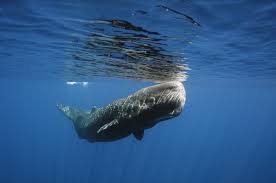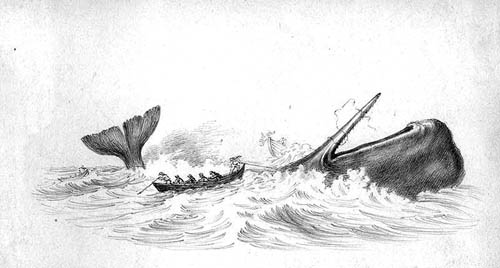BY: SYDNEY KEEFE
Sperm whales are one of the oceans most majestic and largest creatures. They can grow to be up to 59ft and weigh up to 45 tons. They have the largest brain of any animal known to live on Earth- ever. They are known to dive over 3000 ft for food (primarily squid) and need to eat up to 1 ton of food a day. And, they have a special place in the heart of literary enthusiasts as the nemesis of Ahab in the classic novel Moby Dick.

Recently, a sperm whale in Germany washed up on shore. Upon further inspection it was revealed that the whale’s stomach was full of plastic car parts. And this is not the first time we have found sperm whales full of pollution.



Robert Habeck, the environment minister in Schleswig-Holstein, Germany said: “These findings show us the results of our plastic-oriented society. Animals inadvertently consume plastic and plastic waste, which causes them to suffer, and at worst, causes them to starve with full stomachs.”
This is similar to a problem faced by chickens that had been fed plastic, unwittingly, by their owners in the albatrosses of the Midway Islands. Their skeletal remains were documented by photographer Chris Jordan, whose photographs aptly depict the chickens who were completely full, yet starving for nutrition.
And while our society congratulates itself for putting an end to whaling, now they are at an even greater risk. We may no longer hunt sperm whales, but we are destroying their quality of life, and slowly poisoning them with plastic.

We have taken whales apart to benefit our own materialism. But, instead of honouring them as the thinking feeling, emotive mammals that they are, we take all that we can and then destroy their home and food sources, eventually starving them.
We can help by making sure we properly recycle our plastic, old technology and car parts, but even more so by decreasing the amount of goods we consume. Visit the World Wildlife Fund to learn more about whales, including sperm whales, and see how you can help.


